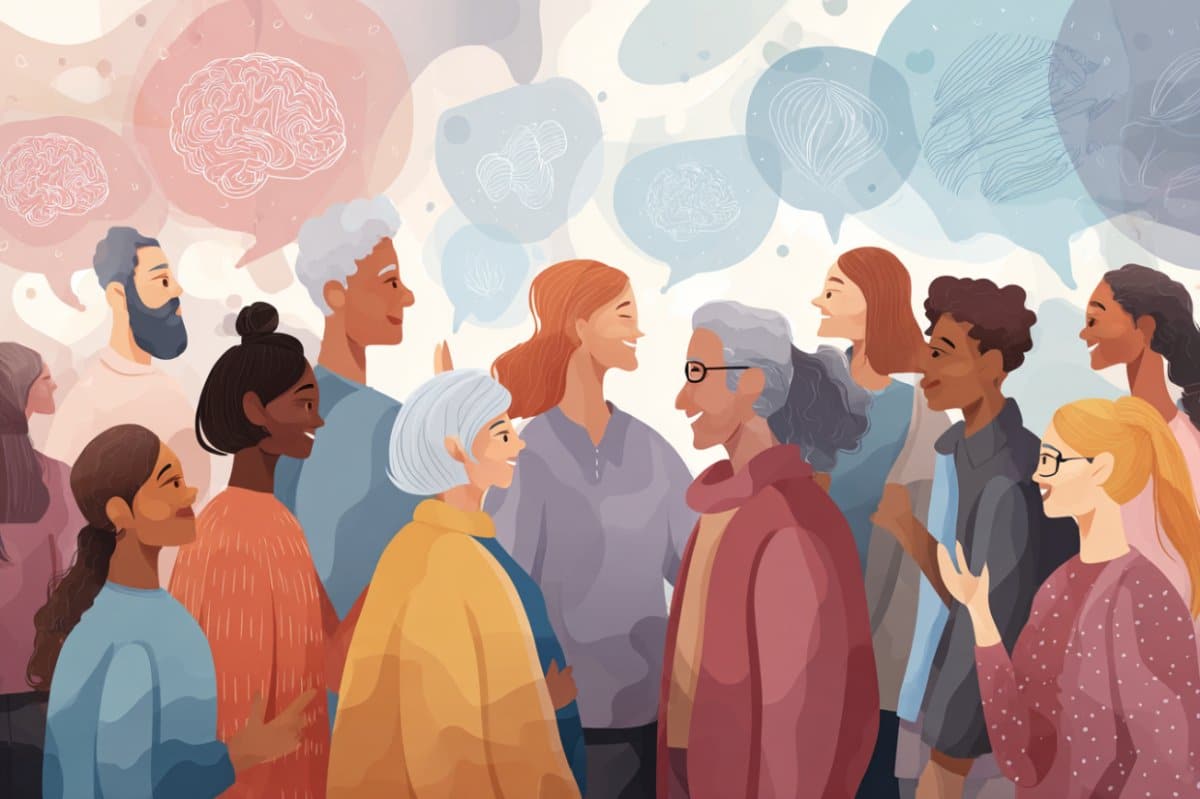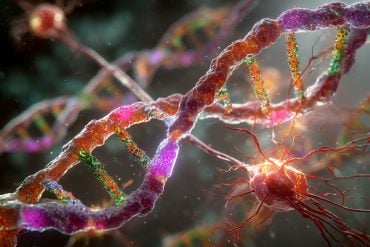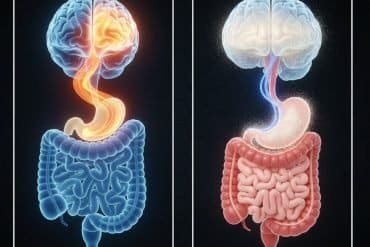Summary: Contrary to popular belief, a new study suggests that people with a higher genetic risk for Alzheimer’s may become more socially engaged—not less. Researchers analyzed data from over 500,000 individuals and found that higher-risk participants reported lower social isolation and more positive family interactions.
While emotional support and loneliness levels remained unchanged, these individuals took part in more social activities. This could reflect early compensatory behavior or increased attention from others noticing subtle cognitive changes.
Key Facts:
- Unexpected Link: Higher genetic Alzheimer’s risk was associated with less reported isolation.
- Positive Engagement: At-risk individuals reported better family relationships and more social participation.
- Cognitive Reserve Role: Social connectedness may help buffer the brain against dementia-related decline.
Source: UCSF
Many experts believe that social isolation is a risk factor for Alzheimer’s disease.
But a new study, led by UC San Francisco and Boston University, examined the social habits and genetic data of half a million Britons whose average age was 56, and found that the disease may make them more sociable rather than less – at least in the early stages.
Credit: Neuroscience News
What They Discovered
The data from UK Biobank showed that people with a higher genetic risk for Alzheimer’s reported less isolation, participation in a wider range of social activities and happier family relationships.
No differences were found between higher-risk and lower-risk individuals in measuring loneliness, friendship quality and emotional support.
Why It Matters
The study shows that at its earliest stage Alzheimer’s doesn’t make people less socially engaged.
“Their social lives may even expand,” said co-senior author Kotwal.
“We don’t know for sure if they are engaging more with others, or if those around them are noticing subtle changes and giving them more support.”
Need to Know
Social connectedness is believed to delay or reduce the risk of Alzheimer’s by promoting cognitive reserve, the brain’s ability to maintain normal function despite aging or dementia. UCSF research has shown that other non-genetic factors influencing Alzheimer’s are physical inactivity, uncontrolled diabetes and high blood pressure, poor sleep, depression, current smoking and certain medications. Experts believe that 30% of Alzheimer’s may be attributed to these modifiable risks.
Funding: National Institutes of Health (P01 AG082653-01A1)
About this Alzheimer’s disease research news
Author: Suzanne Leigh
Source: UCSF
Contact: Suzanne Leigh – UCSF
Image: The image is credited to Neuroscience News
Original Research: Closed access.
“The Association of Alzheimer’s Disease Genetic Risk with Social Connectedness in Middle- And Older-Ages” by Ashwin Kotwal et al. American Journal of Epidemiology
Abstract
The Association of Alzheimer’s Disease Genetic Risk with Social Connectedness in Middle- And Older-Ages
Observational evidence suggests that social connectedness protects against Alzheimer’s Disease (AD), but reverse causality has not been ruled out.
We evaluated the potential for a reverse path by estimating associations between AD genetic risk score (AD-GRS) and social connectedness across mid and late-life.
We used data from 487,194 UK Biobank participants aged 40+ years and considered social connectedness measures capturing social isolation, loneliness, relationship satisfaction, emotional support, and diverse social activity participation.
Participants’ mean age was 56.5 (SD: 8.2) years. Higher AD-GRS was associated with a lower social isolation score (β = 0.01; 95% CI: -0.014 to -0.001); these associations strengthened with age.
Higher AD-GRS was associated with higher levels of family relationship satisfaction (β = 0.01; 95% CI: 0.001 to 0.01), but this association was attenuated with age.
Higher AD-GRS was associated with engaging in a wider variety of social activities (β = 0.02, 95% CI: 0.004 to 0.03), with no evidence of heterogeneity by age.
Associations with loneliness, friendship relationship quality, and perceived emotional support were null.
Overall, we did not find evidence that higher risk of AD is associated with reduced social connectedness. Instead, preclinical AD symptoms may lead to stronger family relationships and lower social isolation.








